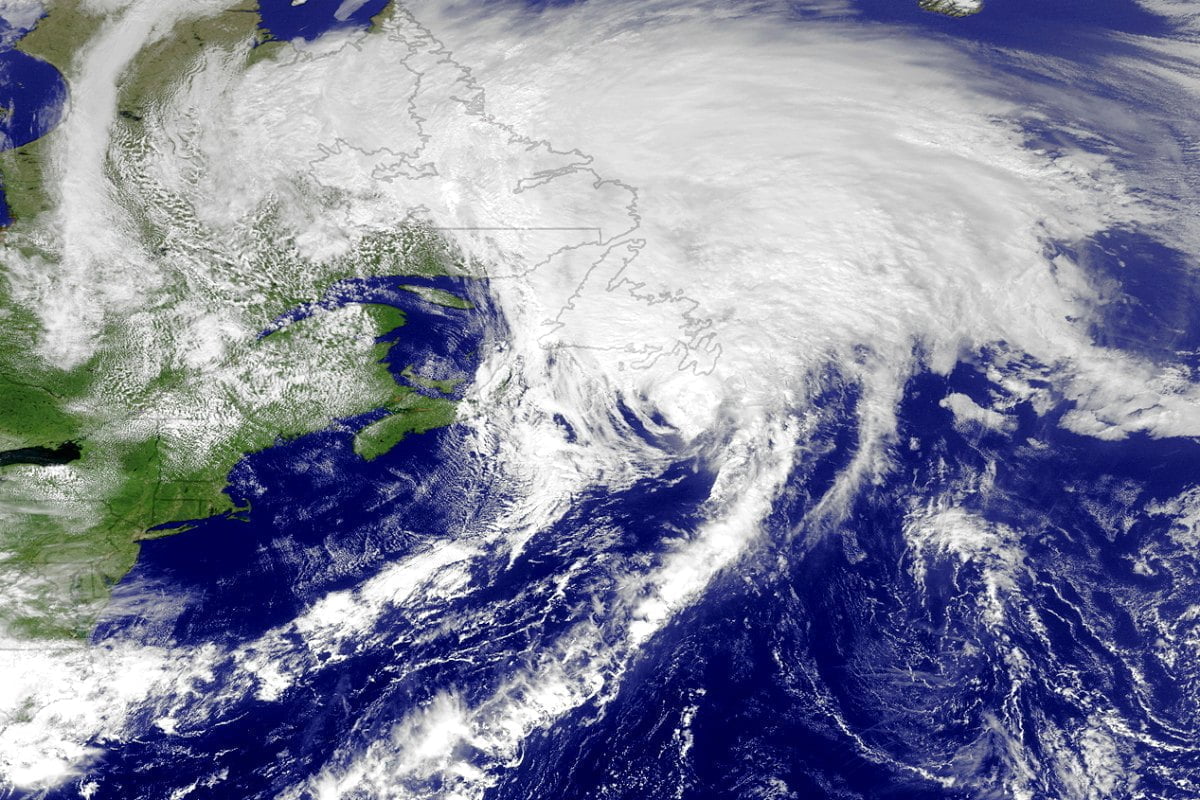The last month has seen a flurry of hurricanes hit the Carribean and the USA, causing untold damage to the region. The frequency of these extreme weather events, and the devastation they cause, reflects the horrendous reality of climate change for ordinary people and the bankruptcy of capitalism.
On 24th August, Hurricane Harvey reached a level 4 intensity and struck Texas USA at peak strength. It weakened over land, but when it reached Louisiana a few days later it still managed to drop an unprecedented amount of rain for the region.
Around 30,000 were left homeless. If this was not bad enough, the destruction of much of the traditional water drainage grounds of the Prairies, due to unregulated building development over the last few decades and their failure to dig new ponds, as required by building laws, to compensate, had left states like Texas susceptible to previously unseen flooding threats, such as that presented by Hurricane Harvey.
Meanwhile, on 29th August, Mumbai in India experienced one month’s worth of rainfall in just one day. Similar levels of extreme rainfall (even for a monsoon season) have continued in South Asia. The whole region, stretching from northern India as far as Bangladesh and Nepal has been flooded, affecting 41 million people. Millions of children have been left either without a home, school, or access to food.
As if the ongoing suffering of the working class and poor of these regions were not already enough, the additional suffering due to the results of climate change is only just beginning.
Damage and devastation
In early September, Irma, a level 5 Hurricane, began its decimating path through the Caribbean before eventually reaching Florida. 95% of the buildings in Barbuda were destroyed, leaving almost the entire population displaced. The economic impact of the damage to Florida alone will be enormous, at a time when US debt is already at an all time high in the private, public and household spheres.
JPMorgan has estimated the costs to the insurance industry from the combined devastation of Irma and Harvey to be in the range of $35billion and $80billion. This will be a fraction of the final cost of the total damage done.
The Guardian newspaper has reported that, for some areas, Harvey was a storm of a 25,000 year return-period magnitude, meaning that based on past records, rainfall of that intensity would not be expected to occur, on average, more than once every 25,000 years.
To anyone remotely in touch with climate science, however, it is apparent that such a return period can no longer be considered accurate in assessing threats. Past records mean very little now as the human impact on the climate means that trends are changing fast and weather events are becoming more and more extreme and unpredictable.
Urgent action needed
As we go to press Hurricane Maria is battering Dominica. Climate change deniers are fast losing what little credibility they had left.
Even the Pope is aware of the severity of the situation, stating that “Anyone who denies [climate change]” is “a fool, a stubborn man who will not see”, and that “history will judge our decision”.
Although Pope Francis may be slightly less backwards and reactionary than his predecessors and his comments may be seen as welcome, “our decision” is not as simple as he, and many liberal reformists, may care to admit.
Such decisions raise economic and political questions that Pope Francis and so called ‘environmentalists’ like Macron for example, might not like the answers to. Most of these types only seem to want to point the finger at Donald Trump and blame him for backing out of the COP21 Paris Agreement. Any excuse to avoid the real reason, which is that no progress worth mentioning is being made.
It is true that some technological progress is being made and a few nations have transferred some of their energy to renewables with the aim of attempting to show that ‘responsible policy making’ is possible. However, the disasters of the last few weeks demonstrate that the scale of the problem and the urgency required, demand far more than any business or politician is ready to give. Let alone the entire global market.
To anyone who is serious about the issue of climate change and its humanitarian consequences, a real political solution is clearly still not present.
The barrier of profit
 There must be a reason that the transition away from fossil fuels to renewable energy is lagging way behind our technological potential. And there is a reason; profit.
There must be a reason that the transition away from fossil fuels to renewable energy is lagging way behind our technological potential. And there is a reason; profit.
When profits decline or even stagnate in a capitalist market (such as now), the entire system goes into crisis. Investment stops, repayment plans begin and bankruptcy is declared left, right and centre. Not only does this limit the potential of renewable energy, it also means that the poorest layers of the working class are left to fend for themselves in the aftermath of ever increasing disasters.
Another limitation on the ‘sustainable revolution’ is that free energy such as solar, wind or hydro-power are clearly less profitable than oil and gas, and so their implementation could have devastating consequences on some of the biggest players in the market.
Furthermore, even if by some unforeseen turn of events, the unambitious targets of the COP21 were met; if fossil fuels were abandoned for green energy; or even if the entire planet turned carbon neutral by 2020: there would still be huge humanitarian and social consequences arising from the damage already done that capitalism cannot solve.
Storm clouds on the horizon
There is a lag between the destruction of the environment and its consequences, particularly in the earth’s weather systems. The droughts, floods and hurricanes that are already escalating will become even more severe and even more unpredictable, even in the years after any progress might be made. Highly populated parts of the planet could become uninhabitable. The numbers of people displaced will make the current refugee crisis of the Middle East and North Africa seem like a drop in the ocean.
The IPCC (International Panel for Climate Change) has a range of predictions. Even in a scenario that is preferable to ‘business as usual’ the outcome could be that we see: “between 150 to 550 additional million people would be at risk of hunger”, “coastal flooding affecting between 11 and 170 million additional people each year”, and “ millions of people would be temporarily displaced by individual extreme weather events.”
Private ownership, the market and the profit system are already clearly obstacles to any fair distribution of resources. The unnecessary scarcity of jobs, homes and services are made necessary by the market economy. Capitalism is unable to solve the problems of today, let alone the problems of the future.
Incidentally, climate change is a problem that capitalism itself has created with its wastage, short-termism and greed.
To tackle the largest challenge ever faced by humankind a plan is needed; a planned economy to be precise, under a global socialist federation. A socialist planned economy could put all the earth’s resources and all of humanity’s potential to good use, making space for all and clean energy in abundance.
As Rosa Luxembourg famously said; the options before us are socialism or barbarism. Only this time it could be humanity’s last chance. Fight for socialism – the only hope of a real sustainable resolution to the climate change crisis of the 21st century.






